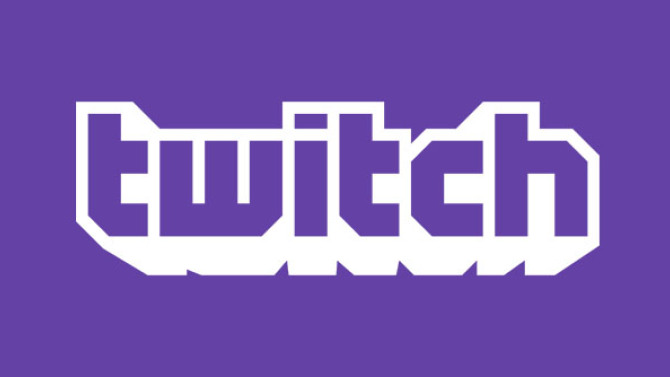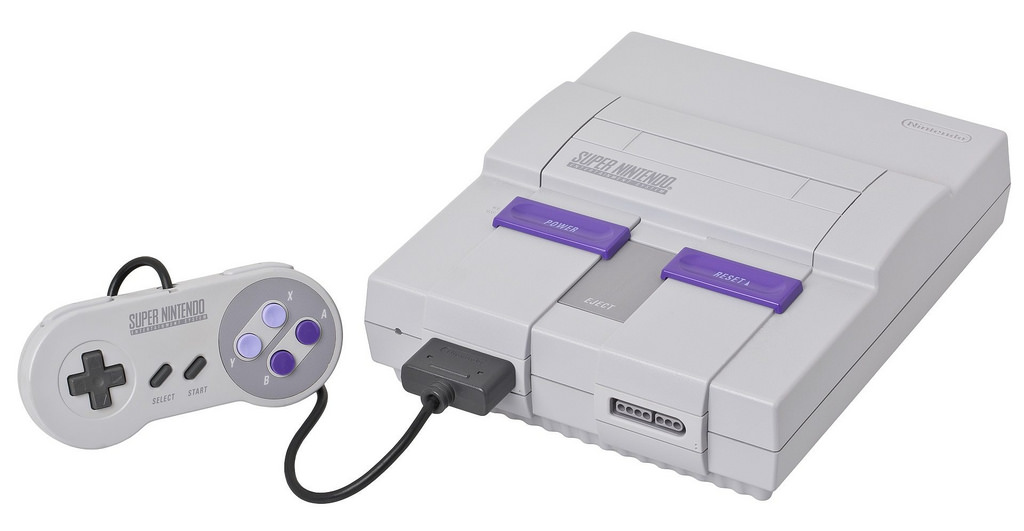 In this week’s TPoI, Twitch revamps its mobile app, the SNES Classic hits stores in September, and Super League Gaming raises $15 million in funding.
In this week’s TPoI, Twitch revamps its mobile app, the SNES Classic hits stores in September, and Super League Gaming raises $15 million in funding.
Twitch to Update Mobile App With Major Changes
Twitch has announced that their mobile app will receive an upgraded design alongside new features that will launch in the next two weeks. PC Mag disclosed that the app will feature a social feed called Pulse, allowing users to like and comment on posts from other broadcasters. VentureBeat adds that streamers can livestream directly from their phone’s camera allowing for vlog-style broadcasts, but gameplay footage will still be unavailable. Nonetheless, Engadget surmises that this may help Twitch expand its platform beyond games, and is curious to see how these changes will impact Twitch. TechCrunch states that the app is slowly rolling out to iOS and Android and will be made available to all users by early July.
SNES Classic Released in Late September
Nintendo revealed that the Super Nintendo Classic will be available on September 29 for $80. Kotaku reports that the SNES will come with 21 games along with the unreleased Star Fox 2. Washington Post feels that the throwback to old school consoles is a great way for Nintendo to boost its revenue and success, since this launch will follow the release of the Switch and the NES. Thrillist expressed excitement for the release and hopes that the SNES won’t sell out as quickly as the NES Classic. Forbes reports that Nintendo has promised that there will be a significant increase in production this time around, but advises consumers to pre-order a console as soon as the option becomes available as the SNES may still be difficult to find.
Super League Gaming Raises $15 Million from Nickelodeon, DMG, and Others for Amateur Esports
Thursday, Super League Gaming which hosts esports competitions in movie theaters and online for amateur video game players, announced it raised $15 million in Series C funding. Backers include entertainment players like DMG and Nickelodeon, as well as traditional sports owners like the Tampa Bay Lightning ownership and esports VC group, aXiomatic. IB Times believes that Nickelodeon’s investment in Super League Gaming is a notable move due to the kid-friendly focus and predicts that the network will launch potential new competitive shows or partnerships in the near future. GameIndustry adds that Super League Gaming has now raised more than $28 million to date since launching in 2014. Engadget states that investors are becoming interested in esports because the industry’s estimated worth was recorded at $1.13 billion this year.



